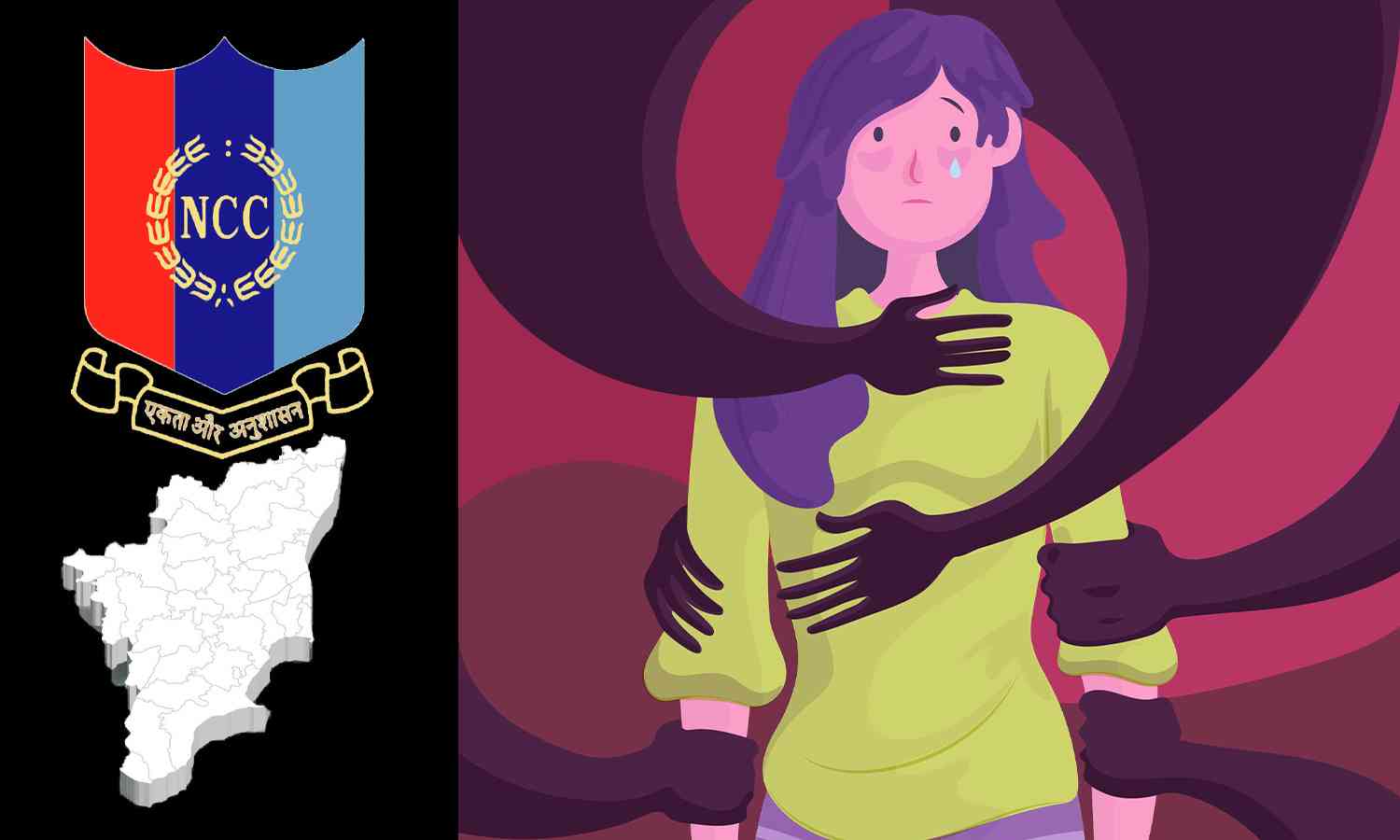A disturbing incident occurred in Tamil Nadu’s Krishnagiri, where a young girl was sexually assaulted, and at least a dozen others were subjected to sexual abuse at what authorities have now identified as a fraudulent National Cadet Corps (NCC) camp, according to the police on Monday. The police have arrested eleven individuals in connection with this case. Those detained include the organizer of the fake camp, the principal of the school, two teachers, and a correspondent. Further investigations revealed that the private school involved did not have an NCC unit. A group of individuals reportedly approached the school management, falsely claiming that hosting this camp would help the school qualify for one, according to the police.
![[BREAKING] Fake NCC Sex Racket in Tamil Nadu - 13 Girls Victimised, 11 Arrested](https://vygrnews.com/uploader/gender-violence-concept-illustrated_52683-40916_1724048802.jpg)
The school failed to conduct proper background checks before hiring the group to organize the camp. A total of 41 students, including 17 girls, participated in the three-day camp held earlier this month. During the camp, the girls were housed in the school auditorium on the first floor, while the boys stayed on the ground floor. Shockingly, no teachers were assigned to supervise the camp. The girls reported that they were lured out of the auditorium and sexually assaulted. District Superintendent of Police, P. Thangadurai, stated to press, "The school authorities were aware of the sexual offences but chose to suppress the matter instead of informing the police. The students were allegedly instructed not to take it seriously."
--
Editor's Note:
The pervasive issue of violence against women in India is deeply troubling and rooted in a complex web of social, cultural, and legal factors. Indian society has long been patriarchal, where women’s rights have often been undermined, leading to an environment where some men feel entitled to assert dominance over women through violence. Cultural attitudes that normalize such behavior, along with victim-blaming and stigmatization, further discourage survivors from coming forward, allowing perpetrators to evade justice. A lack of education and awareness about gender equality and women’s rights, coupled with inadequate sex education, perpetuates harmful behaviors. Despite laws like the POCSO Act designed to protect women and children, inconsistent enforcement, delays in the judicial process, and corruption often hinder justice. Social stigma surrounding sexual violence leads to underreporting, as survivors fear ostracization by their communities. The media’s role in both highlighting and sometimes sensationalizing these cases can perpetuate harmful stereotypes and desensitize the public. Economic disparities also play a role, as financial dependency can make women more vulnerable to abuse and less likely to seek help. Addressing these deeply ingrained issues requires a multifaceted approach, including promoting gender equality and respectful relationships from a young age, strengthening the legal framework for swift and fair justice, challenging patriarchal norms, and providing accessible support systems for survivors. While it’s a long and challenging journey, the efforts of activists, organizations, and individuals working to create a safer and more equitable society offer hope that change is possible.
This is a developing story.
Related Articles - CJI Chandrachud takes up suo moto on RG Kar Case starting 20th Aug
With inputs from agencies
Image Source: Multiple agencies
© Copyright 2024. All Rights Reserved Powered by Vygr Media.





















